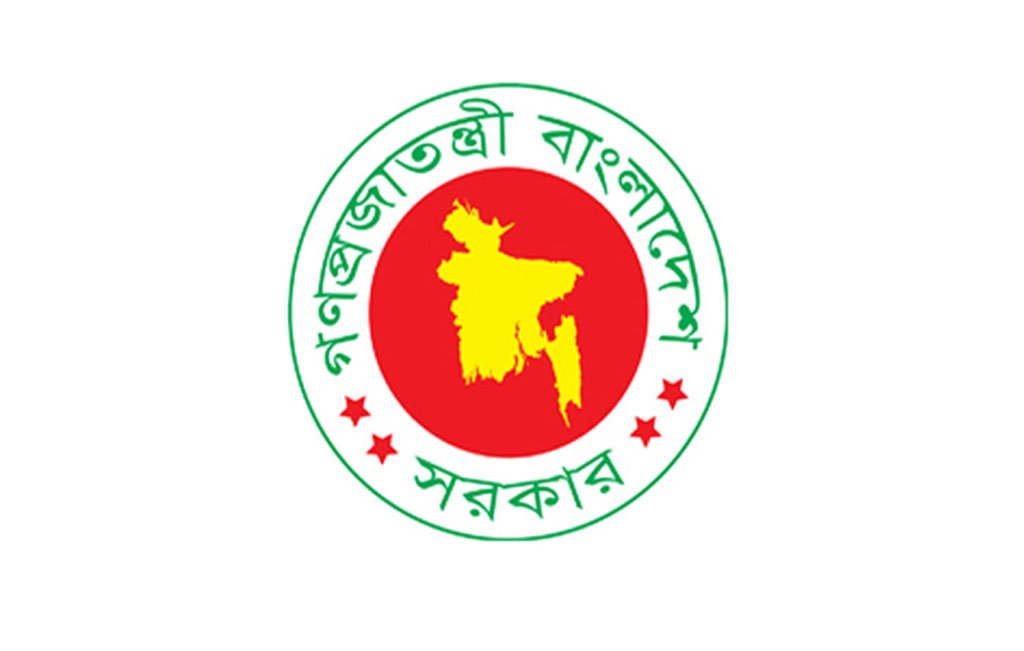Remove unfair clauses for equal opportunity in public procurement | Business
Remove unfair clauses for equal opportunity in public procurement | Business Bangladesh Sangbad Sangstha (BSS)


Remove unfair clauses for equal opportunity in public procurement

DHAKA, May 12, 2024 (BSS) – The government should remove discriminatory tax structure for local companies to ensure a level playing field for all domestic and foreign firms in the public procurement process, speakers at a seminar said today.
They made these observations at the seminar titled “Public Procurement Act-Challenges and Opportunities” organized by the International Business Forum of Bangladesh at its conference room in the city.
Speaking as the chief guest, State Minister for Planning Md Shahiduzzaman Sarker emphasized the importance of transparency and accountability in the procurement process. He highlighted the government’s efforts in introducing an electronic government procurement system (E-GP) to enhance transparency at the primary level of procurement.
The State Minister acknowledged that there is still room for improvement in terms of transparency and accountability. He also expressed his commitment to consider the recommendations, complaints, and demands raised by stakeholders during the meeting.
Challenges and Opportunities in Public Procurement
Mohammed Shoheler Rahman Chowdhury, Chief Executive Officer (CEO) of the Bangladesh Public Procurement Authority (BPPA), stated that their goal is to bring the entire procurement system in the country into the E-GP system. He mentioned that the BPPA is continuously identifying and addressing challenges in the procurement process, with the aim of simplifying the complaint resolution process.
In his keynote paper titled “Governance and Competitiveness in Public Procurement Practices: Bangladesh Context,” Dr. Zafrul Islam, Former Lead Procurement Specialist of the World Bank, highlighted the issue of conflict of interest (COI) in the procurement process. He emphasized the need for consultation with stakeholders before formulating laws or rules, and raised concerns about possible informal or undisclosed relationships between public officials and the contracting or consulting industry.
Recommendations for Reform
Muhammad Abdul Mazid, Adviser to the IBFB and former NBR Chairman, recommended bringing reforms in the financial year to reduce waste in resources and time during the implementation of construction projects. He also stressed the importance of imposing equal taxes on local and foreign companies, instead of maintaining a discriminatory tax structure for local firms.
MS Siddiqui, Vice President of the IBFB, urged the government to impose uniform taxes at all levels, including public imports. He emphasized the need for competitiveness to ensure sustainability in the long run in the procurement process.
Professor Muhammad Shahadat Hossain Siddiquee, an Economics professor at Dhaka University, called for equity in the awarding process of work. Engineer SM Khorshed Alam, Advisor to the Bangladesh Association of Construction Industry (BACI), urged the government to abolish the clause of awarding projects to the lowest bidder in the public procurement process. He suggested considering the capacity of prospective awardees instead of solely focusing on the bid amount.
Engineer Rabiul Alam, Former President of Manufacturer’s Association for Transformer and Switchgear (MATS), urged the government to address discrepancies faced by local companies in the project award process.
The seminar was welcomed by Humayun Rashid, President of the IBFB.
SDGs, Targets, and Indicators Analysis
1. Which SDGs are addressed or connected to the issues highlighted in the article?
- SDG 8: Decent Work and Economic Growth – The article discusses the need for a level playing field for all domestic and foreign firms in public procurement, which relates to promoting inclusive and sustainable economic growth.
- SDG 16: Peace, Justice, and Strong Institutions – The article highlights the importance of transparency and accountability in the public procurement process, which aligns with the goal of promoting peaceful and inclusive societies.
2. What specific targets under those SDGs can be identified based on the article’s content?
- SDG 8.5: By 2030, achieve full and productive employment and decent work for all women and men, including for young people and persons with disabilities – The article emphasizes the need for a level playing field in public procurement, which contributes to creating equal opportunities for businesses.
- SDG 16.5: Substantially reduce corruption and bribery in all their forms – The article discusses the importance of transparency and accountability in the public procurement process, which aims to prevent corruption and ensure fair practices.
3. Are there any indicators mentioned or implied in the article that can be used to measure progress towards the identified targets?
- Indicator for SDG 8.5: Proportion of businesses adopting sustainable practices – The removal of discriminatory tax structures and ensuring a level playing field in public procurement can contribute to businesses adopting sustainable practices.
- Indicator for SDG 16.5: Proportion of positions in public institutions (national and local, and in public and private sectors) compared to the population – The implementation of transparent and accountable public procurement practices can help reduce corruption and bribery in public institutions.
SDGs, Targets, and Indicators Table
| SDGs | Targets | Indicators |
|---|---|---|
| SDG 8: Decent Work and Economic Growth | 8.5: By 2030, achieve full and productive employment and decent work for all women and men, including for young people and persons with disabilities | Proportion of businesses adopting sustainable practices |
| SDG 16: Peace, Justice, and Strong Institutions | 16.5: Substantially reduce corruption and bribery in all their forms | Proportion of positions in public institutions (national and local, and in public and private sectors) compared to the population |
Copyright: Dive into this article, curated with care by SDG Investors Inc. Our advanced AI technology searches through vast amounts of data to spotlight how we are all moving forward with the Sustainable Development Goals. While we own the rights to this content, we invite you to share it to help spread knowledge and spark action on the SDGs.
Fuente: bssnews.net

Join us, as fellow seekers of change, on a transformative journey at https://sdgtalks.ai/welcome, where you can become a member and actively contribute to shaping a brighter future.







